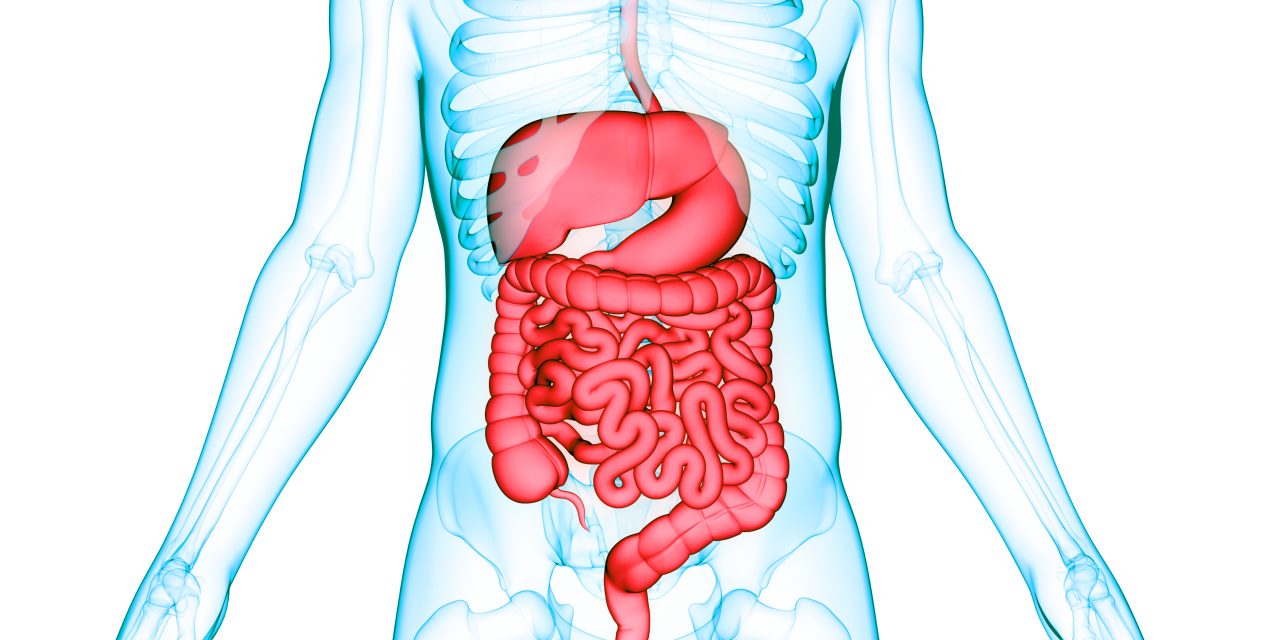Tumors harbor diverse compartments of cells with distinct metabolic properties and phenotypes, but the mechanism by which metabolic commensalism among distinct subsets of cancer cells affects tumor progression remains unclear. Colorectal cancer (CRC) has been reported to consist of cancer stem cells (CSCs) and differentiated cancer cells (non-CSCs). In the present study, organoid models were employed to show that CSCs and non-CSCs in CRC were characterized by distinct metabolic phenotypes. Treatment with either non-CSC-derived conditioned medium or exogenous lactate enhanced organoid-forming and tumor-initiating capacity of CSCs. In tumor regeneration assays with co-implanted CSCs and non-CSCs, the tumor-initiating activity was reduced when either monocarboxylate transporter (MCT)4 in non-CSCs or MCT1 in CSCs was silenced or inhibited. Mechanistically, oxiadative phosphorylation-derived reactive oxygen species in CSCs activated AKT-Wnt/β-catenin signaling, which could be induced by lactate from non-CSCs. Overall, these results suggest that CSCs and non-CSCs possess distinct metabolic profiles and, unexpectedly, non-CSC-originated lactate promotes self-renewal of CSCs and thus contributes to CRC progression. Our findings establish a rationale for developing novel therapies targeting the metabolic commensalism between different cell populations in CRC.Copyright © 2020. Published by Elsevier B.V.
Differentiated cancer cell-originated lactate promotes the self-renewal of cancer stem cells in patient-derived colorectal cancer organoids.


